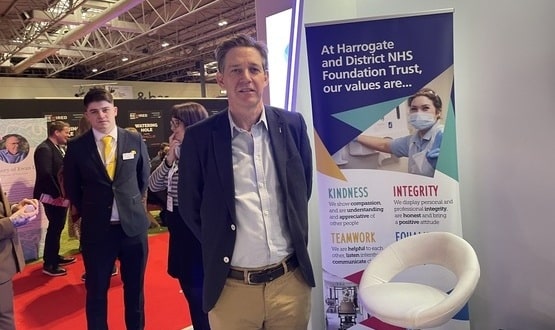Electronic Systems Could Free Up Millions of GP Appointments
- 25 June 2002
Cutting out unnecessary GP paperwork, such as filling out repeat prescriptions and sick notes, could save up to 3.2 million GP appointments, concludes a new report.
Freeing up GPs time by removing unnecessary and cumbersome red tape, and introducing electronic communications and electronic prescribing, would also provide patients with faster access to their GP.
Routine form filling would be cut for repeat prescriptions, sick notes, housing and disability benefit applications could free up to 360 appointments a year for each of the 32,000 GPs working in 8,800 practices in England, says the report by the Regulatory Impact Unit (RIU) – a Cabinet Office team established to cut red tape.
The RIU team, working in conjunction with GP advisers, identify 19 routine or non-medical areas in which red tape can be cut. ‘Making a Difference: Reducing Burdens on General Practitioners’, is the second RIU report issued on GP bureaucracy.
The biggest potential savings will come from issuing a single prescription for long-term stable conditions which can be dispensed in instalments by pharmacists; and minimising the calls on GPs to provide non-clinical opinions.
"Current systems for prescriptions are long standing and take up a considerable amount of time both for doctors and other surgery staff members," says the report.
It notes that plans for electronic transfer of prescriptions (ETP), repeat prescribing and extension of prescribing responsibilities to other staff will all have a major impact, but will take several years to implement. The RIU report says interim measures to cut red tape must also be implemented.
Further major benefits are identified from extending prescribing rights of independent nurses through expanding the use of training and supplementary prescribing.
The report also identifies serious problems with the quality of communications between hospital and GPs, with widespread variations between the processes and documentation required for patient referrals to hospitals, hospital referral forms, referral acknowledgements, and referrals to another hospital department.
On hospital referral forms the report notes: "Where GPs are asked to complete referral forms, these vary from hospital to hospital and in some cases from specialist to specialist, requiring different information depending on the hospital or speciality."
Similarly on referral acknowledgements it adds: "Where hospitals acknowledge a referral, the acknowledgement letter does not include any clinical content (or even information on when the patient will be seen) and creates an administrative burden on hospitals and GP surgeries.
Lord Macdonald, minister for the Cabinet Office, which includes the RIU, said: "This report will let GPs spend more time treating people who are ill rather than filling in forms. Reform of public services is our priority and this reform will get more patients in to see their doctors more quickly."
Dr Michael Dixon of the NHS Alliance added : "The RIU’s GP Advisory Panel is currently tackling problems that are right at the top of every GP’s list: the increasingly complex disability forms, having to sign endless repeat prescriptions and problems due to poor communication between hospital and patient."
The RIU says that taken together with its first report issued in March 2001 the recommendations of the two reports have the potential to unlock 10.3 million appointments, save an additional total of 3.4 million hours, and remove up to 80,000 requests for non-medical information each year.




